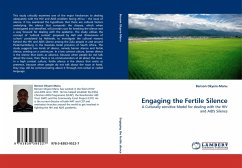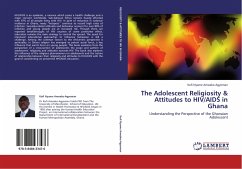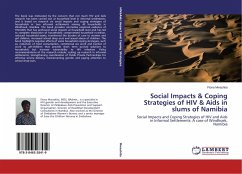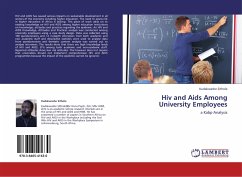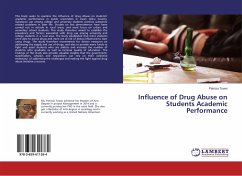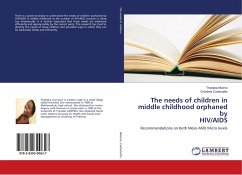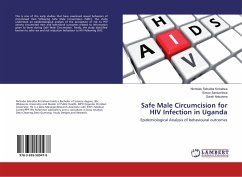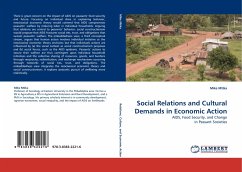This study critically examines one of the major hindrances to dealing adequately with the HIV and AIDS problem facing Africa the issue of silence. It has examined the hypothesis that there are cultural factors underlying the silence that surrounds the disease, which when investigated and identified, will provide cues for breaking the silence and a way forward for dealing with the epidemic. The study utilises the concept of cultural context' proposed by Hall and dimensions of culture' postulated by Hofstede, to investigate the cultural reasons behind the HIV and AIDS silence among the Zulu people in and around Pietermaritzburg in the Kwazulu Natal province of South Africa. The study suggests two kinds of silence, namely barren silence and fertile silence, existing on a continuum. In a low context culture, barren silence is the silence that exists as absence, because when people do not talk about the issue, then there is no communication at all about the issue. In a high context culture, fertile silence is the silence that exists as presence, because when people do not talk about the issue at hand, they may still be communicating about it through non-verbal or coded language.
Bitte wählen Sie Ihr Anliegen aus.
Rechnungen
Retourenschein anfordern
Bestellstatus
Storno

